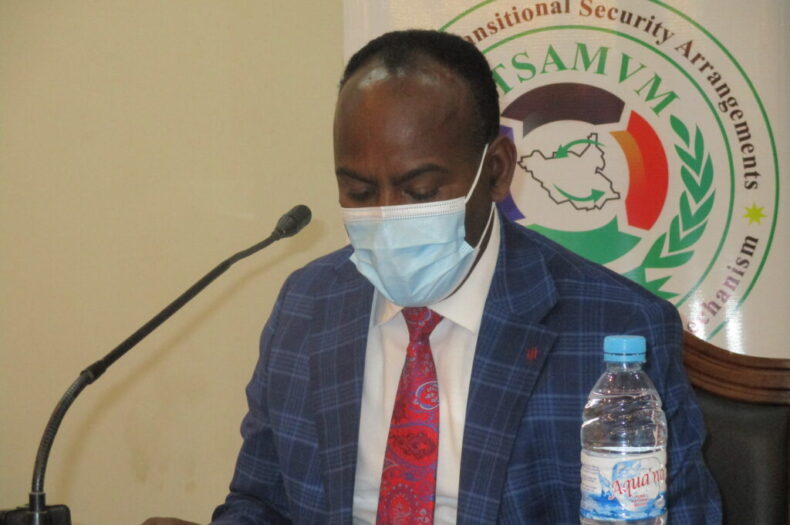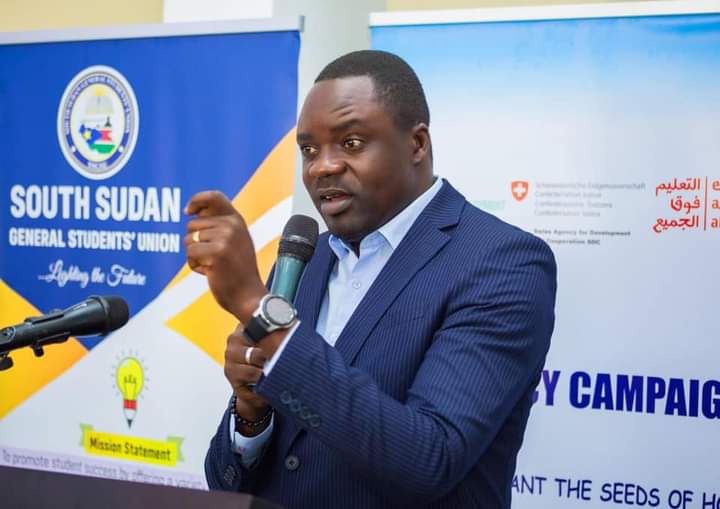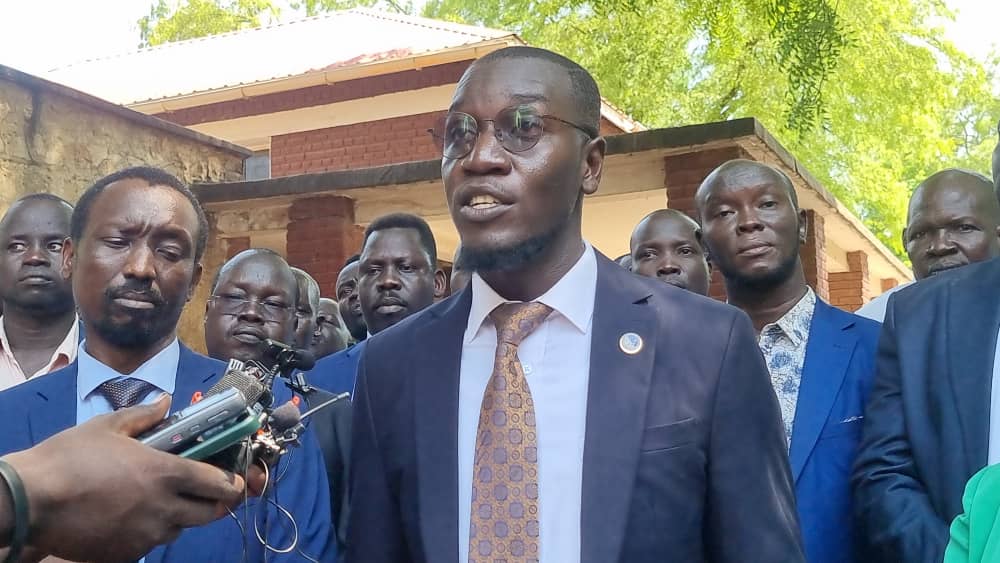Persistent highway attacks in CES worry peace monitors

The ceasefire monitoring body has raised concerns over the persistent tensions in Central Equatoria State, accusing the National Salvation Front (NAS) of perpetuating the violence.
Maj. Gen. Teshome Gemechu Aderie, Chairperson of Ceasefire Transitional Security Arrangement Monitoring and Verification Mechanism (CTSAMVM), expressed concerns about the possible ‘‘threat the violence has on the South Sudan peace process’’.
“Tensions remain in southern Central Equatoria State although the situation appears to be improving,” Gemechu said at CTSAMVM Technical Committee (CTC) meeting at Royal Palace Hotel in Juba yesterday.
“Also, since the last CTC, there have been several incidents reported allegedly involving NAS including abduction, an attack against SSPDF, and an ambush against SSPDF soldiers. CTSAMVM is very concerned about the risk that these incidents pose to the peace process,” he added.
Over the past months, there have been reported displacements of the civilian population in some parts of Central Equatoria State. Areas affected include Lainya County which has been insecure due to confrontations between armed groups.
The state has also been witnessing continuous road attacks and ambushes that claimed over a dozen of lives, looting, kidnapping, and burning vehicles along major roads in the areas. This, it said, led to the hindering of humanitarian aid delivery to thousands of people in need.
On August 16, four individuals including two Catholic nuns succumbed to a horrific road attack between Juba-Nimule road and a vehicle burnt to ashes with no one claiming the responsibility.
However, the government and the holdout groups traded accusations of the road attacks in Central Equatoria State.
On Tuesday, August 17, President Salva Kiir said forces of the holdouts were responsible for the killing, looting, and burning vehicles on Juba-Nimule road, threatening to pull out of Rome peace talks.
“The responsibility of their death lies squarely on the holdout groups, and the Revitalised Transitional Government of National Unity condemns this act of terror with the strongest term possible. The government signed the Rome Declaration, the commitment to Cessation of Hostility, and the Declaration of Principles with the Holdout Groups to stop fighting and save the lives of innocent.
“Now that the non-signatories to the Revitalised Peace Agreement continue to violate these commitments, the Government may reconsider its position on the ongoing Saint E’gidio led Rome initiative. Our pursuit of an inclusive peace should never be taken for weakness and used as a window to kill innocent,” said President Kiir.
But the holdout groups denied having a hand in the attacks and instead blamed them on government forces.
“SSOMA holds the regime of Salva Kiir responsible for the highway robberies and killings in South Sudan. The road ambushes in South Sudan have increased dramatically on Juba-Nimule road,” SSOMA said in a statement on Wednesday, August 18.
It further stated, “The government on several occasions has been displaying criminals suspected to have been behind these road ambushes and kidnappings on national TV. Most of these criminals, unfortunately, are members of SSPDF and the Tiger Division, the President’s bodyguards.”
Appeal
However, the CTSAMVM urged the peace granters and observers to pressure parties perpetrating violence in Central Equatoria to deescalate the tension and respect the 2017 cessation of hasty agreement.
“We call upon IGAD and RJMEC to urge the parties involved to the necessary steps to avoid clashes and adhere to the ceasefire as well as the protection of civilians,” said Maj. Gen. Gemechu.
The revitalized government and SSOMA resumed talks on July 16 to reach a comprehensive peace agreement that will make the ongoing peace process inclusive of all the non-signatories to the 2018 revitalized peace agreement.
However, hostilities along major roads in the Equatoria region, the NAS’ stronghold areas, have been prevalent over the past years, including looting, killings, kidnapping, and burning of vehicles, hindering humanitarian delivery to thousand of people in need.


